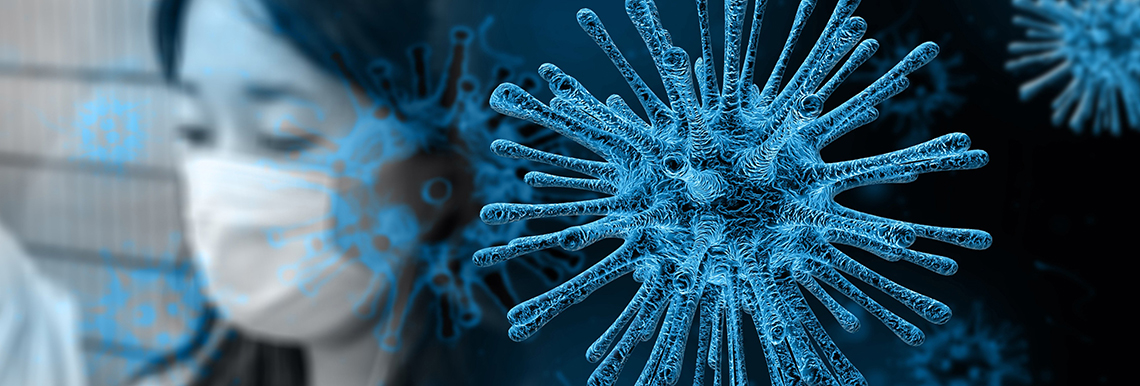ICAS sends factsheet on coronavirus to customers
Coronavirus – Coping with Health-Related Anxiety
On January 31, the World Health Organization officially declared the coronavirus epidemic a global health emergency. It is important that employees and their families are aware of some health basic information.
Signs and Symptoms:
The common earliest symptoms of coronavirus associated respiratory infections are fever, chills, rigors, muscle pains, headache, diarrhea, sore throat and a runny nose but these symptoms may not all be present. This early stage can then be followed by mild to moderate respiratory illness, with a fever above 38°C and cough, shortness of breath or breathing difficulty. The majority of people who are infected with the coronavirus develop antibodies to the virus and gradually get better as they eliminate the virus from their bodies. Thus the risk is much higher for individuals who are chronically sick and elderly than in the young.
Transmission:
Transmission of coronavirus from person to person is usually by close contact with an infected individual. Usually transmission occurs when bodily fluids from an infected person come into contact with your eyes, nose or mouth through the infected person coughing or sneezing. Additionally, shaking hands or touching an object with particles on the virus on it and then touching your mouth, nose or eyes can also cause the virus to spread.
Prevention:
W.H.O. recommends that people wash their hands regularly with soap, cover their mouths
and noses when coughing and sneezing and stay away from people who have signs of respiratory tract infection, such as a runny nose, coughing and sneezing. You can wear a facemask in public areas if you are concerned about risk.
Workplace Support:
As a workplace, you should make provision for employees to practice good hygiene and encourage sick employees to stay at home and seek a medical opinion before returning to work, if they have persistent fever, respiratory or gastrointestinal symptoms.
Coping with Health-Related Anxiety:
These developments are likely to cause anxiety and stress for you and your family. Be assured that this is a normal reaction to a danger that seems new and uncontrollable. A general feeling of helplessness and loss of control may arise. Psychological responses could be pessimism and symptoms of depression, a lack of concentration, constant worry about past, present and future and not being able to relax or enjoy life.
But there are ways to manage anxiety and stress:
- Look at the situation rationally. The coronavirus may be contagious, but panic is far more contagious. Do not let collective fear guide you. Focus on facts and appeal to your rational mind. This will help reduce your fear. Find time to talk to friends. Friends can ease troubles and help us see things in a different way. Often, talking to someone will help you see things from a different and less stressful perspective.
- Adopt a healthy lifestyle. If we eat a healthy diet, exercise regularly and ensure we get adequate sleep and rest our body is better able to cope with stress should it occur.
- Accept the things you cannot change. Changing a difficult situation is not always possible. If this is the case, recognize and accept things as they are and concentrate on things you do have control over.
- Know your limitations and do not take on too much. We cause ourselves a great deal of stress because we like people to like us and do not want to let people down. Learn to be assertive so that you can say no without upsetting or offending. This might mean changing your holiday plans or cancelling social engagements.





Leave a Reply
Want to join the discussion?Feel free to contribute!